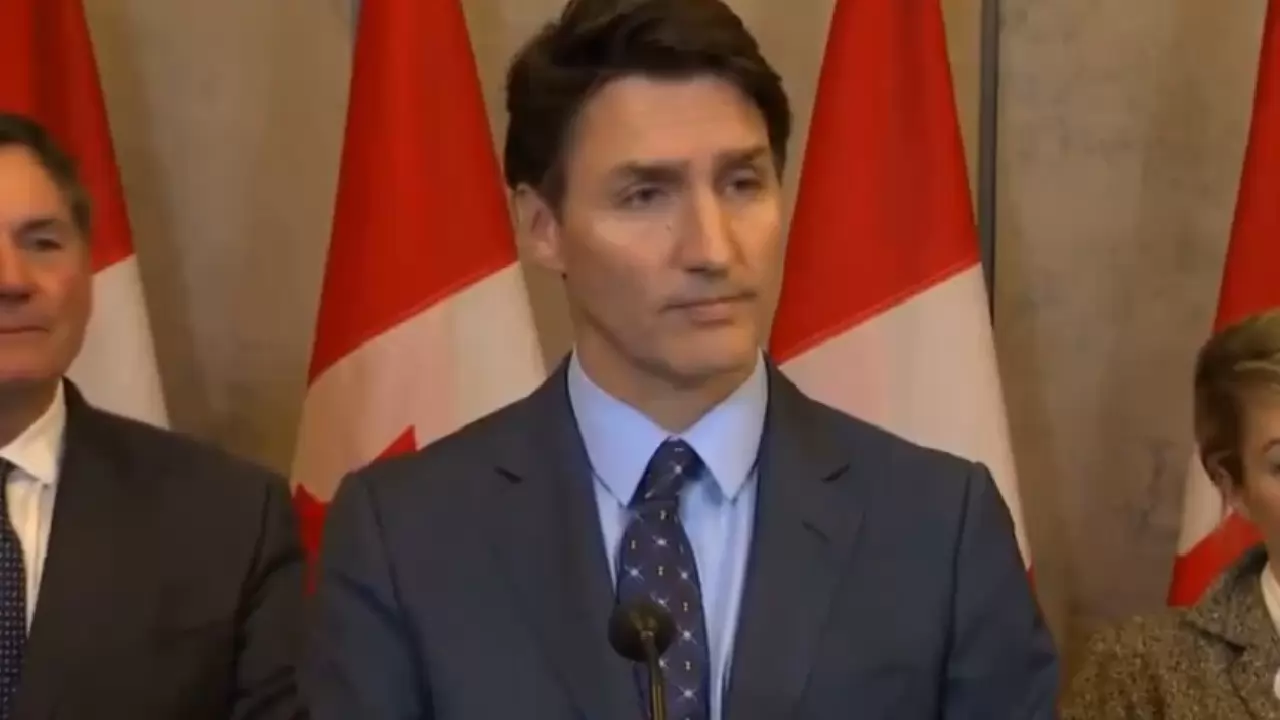
Justin Trudeau (File Image)
Ottawa: In a dramatic turn of events, Canadian Prime Minister Justin Trudeau announced his resignation on Monday, citing growing discontent within his government and internal challenges in the Liberal Party. The decision follows the abrupt resignation of his finance minister, which signaled increasing turmoil within the administration.
Trudeau, who has led the nation since 2015, stated, “I don’t easily back down faced with a fight, especially a very important one for our party and the country. But I do this job because the interests of Canadians and the well-being of democracy is something that I hold dear.” He confirmed that he would remain in office until the Liberal Party elects a new leader.
To facilitate the leadership transition, Parliament, originally set to resume on January 27, will be suspended until March 24, according to an anonymous official. The extended break is expected to provide time for a leadership race, while opposition parties prepare for a potential no-confidence vote that could lead to a spring election.
Trudeau initially came to power in 2015, breaking a decade of Conservative rule and bringing a progressive agenda to the forefront. However, his popularity has waned due to rising costs of living, housing shortages, and surging immigration. The recent departures of Finance Minister Chrystia Freeland and the housing minister further exposed fractures within his administration.
Freeland, who resigned in December, criticized Trudeau’s economic strategies, including temporary sales tax holidays and direct citizen payouts. She argued that such measures were “costly political gimmicks” amid looming tariff threats from U.S. President-elect Donald Trump.
As Canada faces international pressure and economic instability, Trudeau’s resignation marks a pivotal moment. “His long silence following this political drama speaks volumes about the weakness of his current position,” said Daniel Beland, a political science professor at McGill University.





Copyright © 2026 Top Indian News
